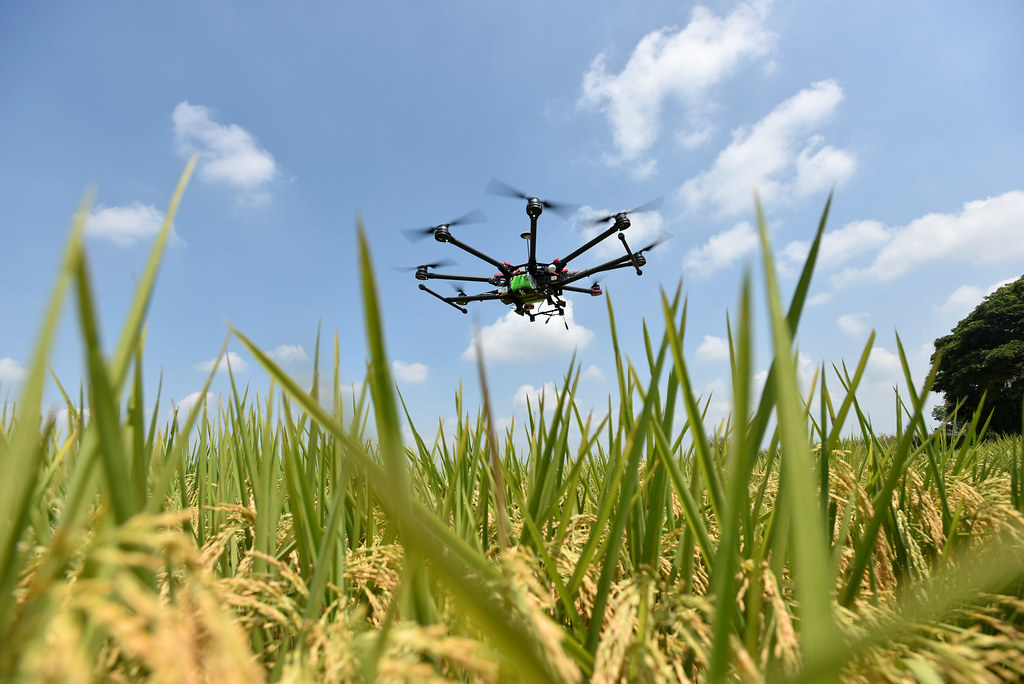-
RAAF
Contributing to the implementation of the Regional Agricultural Policy
RAAF Approach is essentially based on getting things done.
-
Thematics

Thematic areas
The implementation of the Regional Agricultural Policy (ECOWAP) is built around nine thematic areas.
-
Projects
- Renforcement des capacités pour la mise en œuvre de l’ECOWAP en Afrique de l’ouest
- At the end of PRAPS-1, which achieved significant progress in relation to most of the issues relating to animal health, sustainable management of rangelands and pastoral resources, livestock trade, and prevention and management of pastoral crises, the Wor
- Fruit flies are a major problem for the horticultural sector in West African countries. They destroy 50 to 80% of fruit production.
- The Global Climate Change Alliance Plus (GCCA+) is the second phase of an initiative of the same name launched by the European Commission in 2008
- West Africa is one of the most vulnerable regions in the world.
- Renforcement des capacités pour la mise en œuvre de l’ECOWAP en Afrique de l’ouest
- West Africa is facing three major challenges: (i) structural food and nutritional insecurity, (ii) the effects of climate change (droughts, aridity, floods, etc.), (iii) salinization and physico-chemical degradation of agricultural land.
-
News
Follow our news and events
-
Resources
Contents
More information on our work.
-
Multimedias
Interaction
Audio-visual based communication
-
Opportunities
Get Involved
- Portals
On the joint initiative of the ECOWAS, CILSS and the African Union Border Programme, funded by GIZ, pastoral stakeholders and partners in West Africa and the Sahel will meet from 2 to 4 September 2021 in Abuja to reflect on and lay the foundations for a regional transhumance observatory in West Africa. The observatory is seen as an instrument to help decision-making in order to effectively regulate mobile livestock farming systems. This meeting is being held within the framework of the implementation of the Integrated and Secure Livestock Farming and Pastoralism in West Africa Project (PEPISAO) financed by the AFD and coordinated by ECOWAS, in collaboration with CILSS.
Based on Paragraph 2 of the preamble of Decision ADEC/05/10/98 of the ECOWAS Heads of State and Government on transhumance regulation in ECOWAS area, all ECOWAS Member States recognise that transhumance is useful for maintaining and increasing livestock production. Despite this recognition, many actors’ views on transhumance have deteriorated considerably in recent years. The amalgamations and stigmatisations of the activity have been amplified by the occurrence of certain factors such as insecurity against a backdrop of exacerbated conflicts of all kinds. This situation is partly due to the fact that decision-makers at territorial, national and regional levels do not have quality data and information to define and implement appropriate policies and strategies (number of animals involved in both infra-national and cross-border transhumance; departure points, corridors used and host areas; quantities of milk produced, collected and processed in the livestock production basins; contribution to the local economy, contribution to the budget of local communities, to the GDP of States, to job creation; investments made to secure the activity; frequency and extent of farmer-herder conflicts; etc.).
In view of this situation, and to meet the need for information and data, ECOWAS, UEMOA, CILSS and their partners have jointly decided to bring together mobile livestock stakeholders to lay a solid foundation for the establishment of a regional observatory. This tool will provide the region with a single, robust and integrated mechanism for collecting data and generating information on the spillovers and other impacts of mobile livestock herding systems, so that the net gain to stakeholders from this livestock production system can be assessed.
This three-day meeting will: (i) analyse the strengths and weaknesses of regional pastoral information systems that produce data and information supported by technical institutions, NGOs and RPO networks; (ii) define the orientations for the regional transhumance observatory in West Africa and the Sahel; (iii) brainstorm on the potential data and information to be collected to launch a pilot phase of the observatory and (iv) define precise and simple monitoring indicators to assess the situation of transhumance based on the potential data and information collected.
The forty participants expected from regional and national entities and countries will exchange ideas to lay the foundations for a transhumance observatory (local and cross-border transhumance), in the form of an information system or an information platform on mobile livestock farming systems in West Africa and the Sahel.
This meeting will be held in two sequences: an experts meeting, with presentations followed by discussions in plenary and group work; and a policy meeting, chaired by the Secretary General of the Ghanaian Ministry of Agriculture and Food, whose country is holding the current Chairmanship of ECOWAS.
More information on the PEPISAO project: : https://bit.ly/3DiRDHN
More information on the African Union Border Programme: https://https://www.giz.de › downloads › giz2014-fr
Attachments:
Read more...
- Livestock farming and pastoralismPublication date:
- Climate change
- Climate change